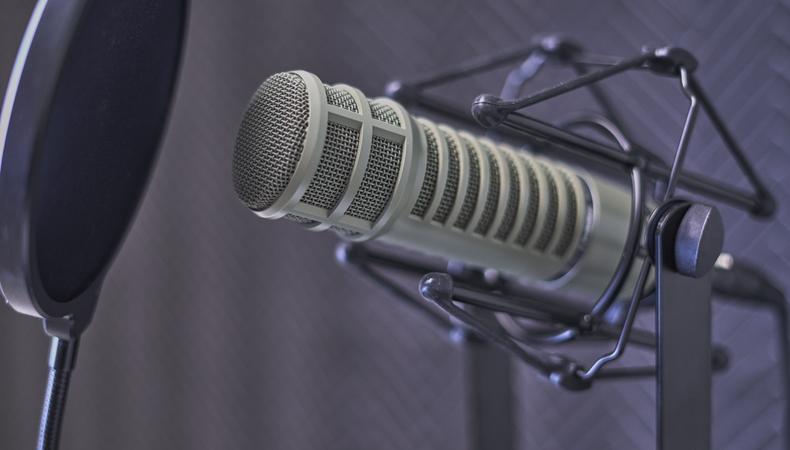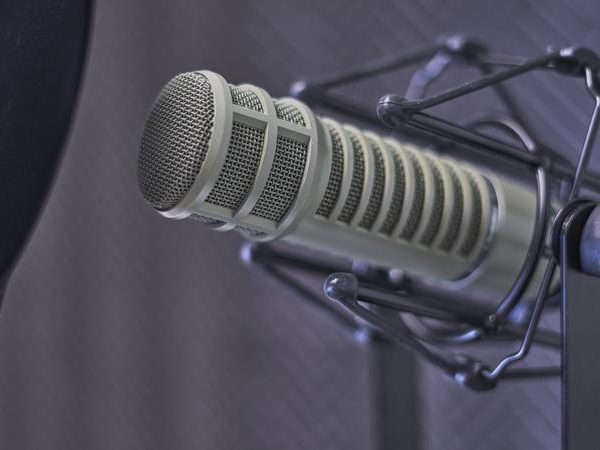
There is a variety of tools available to us that help us do different things. The advancement in technology has made it possible for us to become more productive and expand the horizons of our abilities. In the voiceover industry, there is a variety of tools that you need to get started.
Every profession has a set of tools that you need to learn to use in order to progress and be more efficient, and the voiceover business is no exception to this.
In addition to the skills that you need to become a successful voiceover artist, you need these tools to help you do different things like recording, editing, and even keeping things organized. In this article, we are going to cover the six basic tools that you need to get started.
Whether you are looking to have a major recording studio setup for your voiceover business or you are on a budget, there is something for everyone.
Laptop or PC
There are many smartphone apps that are great for voiceovers, especially if you a voiceover artist on the go. But you will come to realise that you need a Laptop or PC to help you record better demo samples and even do the most important task of editing and recording. Depending on your budget or other factors like space and how flexible you want to work, a PC or Laptop are two options that you need to choose from when setting up shop. Any of the two can handle more tasks than relying on mobile apps (which are great).
Voiceover Microphone
Since your vocal is the most important skill you need to succeed in the voiceover business, you need to make sure that it sounds perfect and consistent. One way to ensure this is to invest a good voiceover microphone. In fact, you do not have a voiceover business if you don’t have a microphone.
Studio Headphones
A good pair of headphones will let you know how great your voiceover work is and help you with the editing process. You do need headphones because it is the only way that you can prevent the sound of the speakers from re-entering the microphone while recording. Investing in high-quality headphones will also save you from ear damage because the cheap models will not only ruin your hearing but will make a mess of your recording and editing process. Headphones are actually a pre-requisite for working in a professional recording studio, so you really can’t do without one. We recommend closed-back headphones because they prevent sound from leaking out.
Microphone Stand or Shock Mount
You need a microphone stand so that you can keep the microphone in a fixed position. Moving the microphone about can lead to sound distortion and/or a poor recording. Also, a shock mount serves a similar purpose, but it specifically reduces vibrations and unwanted noise, which can affect the quality of your recording. If you are running a home studio, a microphone arm is also a good option.
Pop Filters
Still, on the quality of your recording – pop filters do a great job in removing plosive sounds that your mouth makes while recording by blocking the air hitting the microphone diaphragm. If you are on a tight budget, you can make one yourself with a pair of tights you no longer need.
Software
There is no escaping software if you are serious about starting your voiceover business. This is the one tool that will actually make a difference in your voiceover business because you need it to record and edit. You will have to learn to use voiceover software, but they all come with varying degrees of difficulty. Audacity is a good one to start with because it is relatively easier to use thanks to its basic interface. Other software may be expensive and even have additional fees for plugins and add-ons.
If, after your voiceover business is fully set up, you need a platform to help you connect with brands and agents, then you should check out Voquent.
Also, How to Keep Your Business Going When Your Internet Is Down?
